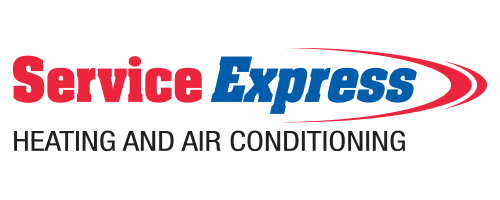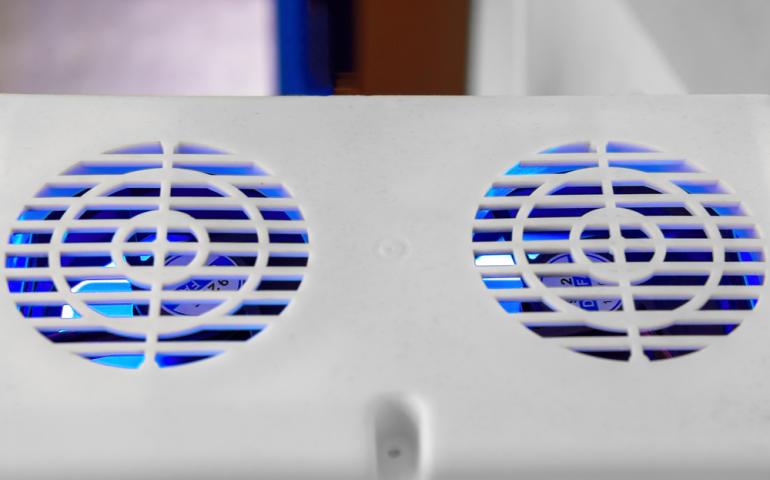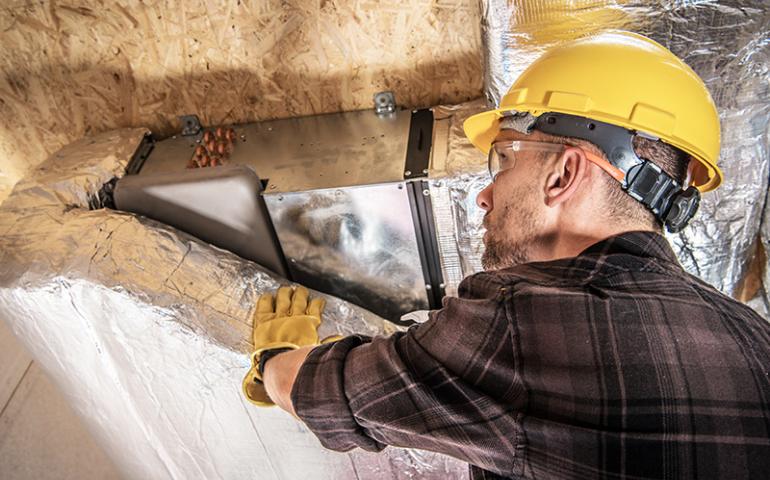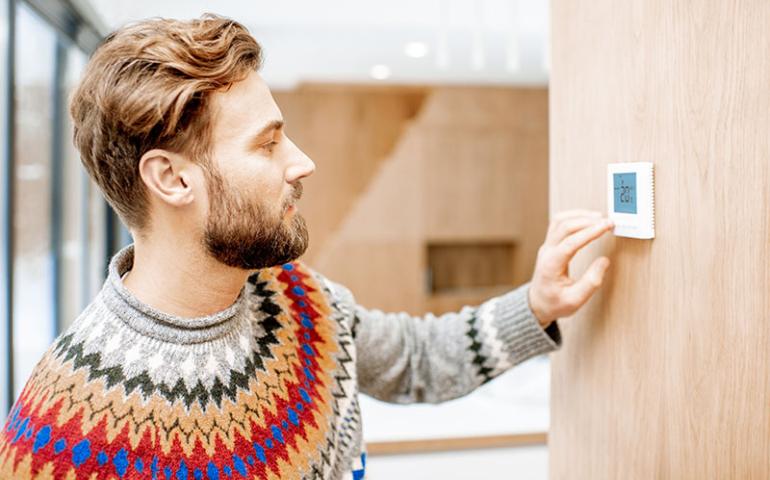Protecting Your Children Against Poor Indoor Air Quality
We strive to provide a safe and healthy environment for our children. One aspect that is often overlooked is indoor air quality. Poor indoor air quality can have a significant impact on children's health. It affects their respiratory system and their well-being. In this blog, we discuss the effects of poor indoor air quality on children and how to protect them. We also highlight preventive measures to maintain a healthy indoor environment.
The Effect of Poor Indoor Air Quality on Children
Children are more at risk for respiratory issues from pollutants and allergens. These pollutants and allergens are more present with poor indoor air quality. Some indoor air pollutants can also trigger allergies and worsen asthma in children. Prolonged exposure to poor indoor air quality can weaken a child's immune system. This makes them more vulnerable to illnesses.
How to Protect Your Children from Poor Indoor Air Quality
Cleaning and dusting your home often is the best way to prevent poor indoor air quality. This is important to do in areas where children spend a lot of time. You can also install high-quality air filters that use HEPA filters through your home. These can help to remove allergens and pollutants from the air.
You can improve indoor air circulation by opening windows and using exhaust fans. This can help to reduce the buildup of indoor air pollutants. You also need to maintain proper indoor humidity levels (around 40-50%). This helps to prevent mold growth and reduce dust mites. Avoid smoking indoors, as secondhand smoke is harmful to children's respiratory health.
Preventing Poor Indoor Air Quality in the Future
Regular maintenance is key to preventing poor indoor air quality in any home. Schedule regular HVAC maintenance to ensure clean air filters and a well-functioning system. Inspect your home for signs of mold growth and address it to prevent air quality issues.
Reduce the use of harsh cleaning chemicals. Use alternatives to reduce indoor air pollutants. Encourage family members and guests to remove their shoes at the entryway. This can prevent them from tracking outdoor pollutants. Use indoor air quality monitors to track pollutant levels. These monitors can identify issues early on so that you can fix them before they become a major issue.
Contact Us
Protecting your children from poor indoor air quality is crucial for their health. By knowing how indoor air quality affects children, you can help your child thrive in a safe indoor space. We need to provide a nurturing environment where they can grow and flourish. If you need help improving your indoor air quality, contact us today. We can work with you to keep your whole family safe.






